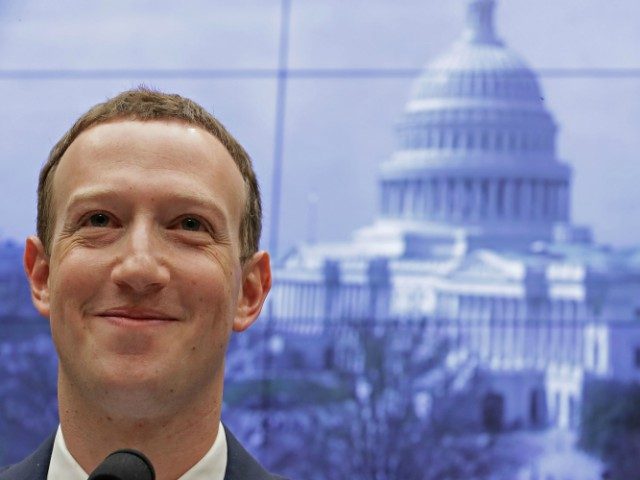Facebook co-founder Chris Hughes stated in a recent op-ed that he wants the government to regulate speech on the Internet. Hughes believes it is the government’s job to define “acceptable speech” on social media.
In a recent op-ed for the New York Times, Facebook co-founder Chris Hughes calls for the government to regulate speech on the Internet as part of the breakup of social media giant Facebook. Hughes states that despite not working at Facebook for more than 15 years, he feels a sense of “anger and responsibility” following Facebook’s recent privacy scandals. The answer to this, according to Hughes, is the creation of an independent government body to regulate online speech and content.
In the article, Hughes writes:
The Europeans have made headway on privacy with the General Data Protection Regulation, a law that guarantees users a minimal level of protection. A landmark privacy bill in the United States should specify exactly what control Americans have over their digital information, require clearer disclosure to users and provide enough flexibility to the agency to exercise effective oversight over time. The agency should also be charged with guaranteeing basic interoperability across platforms.
Finally, the agency should create guidelines for acceptable speech on social media. This idea may seem un-American — we would never stand for a government agency censoring speech. But we already have limits on yelling “fire” in a crowded theater, child pornography, speech intended to provoke violence and false statements to manipulate stock prices. We will have to create similar standards that tech companies can use. These standards should of course be subject to the review of the courts, just as any other limits on speech are. But there is no constitutional right to harass others or live-stream violence.
But Hughes isn’t even particularly confident that breaking up Facebook would be possible, already developing plans and predicting possible outcomes of a failed breakup attempt:
But even if breakup and regulation aren’t immediately successful, simply pushing for them will bring more oversight. The government’s case against Microsoft — that it illegally used its market power in operating systems to force its customers to use its web browser, Internet Explorer — ended in 2001 when George W. Bush’s administration abandoned its effort to break up the company. Yet that prosecution helped rein in Microsoft’s ambitions to dominate the early web.
Similarly, the Justice Department’s 1970s suit accusing IBM of illegally maintaining its monopoly on personal computer sales ended in a stalemate. But along the way, IBM changed many of its behaviors. It stopped bundling its hardware and software, chose an extremely open design for the operating system in its personal computers and did not exercise undue control over its suppliers. Professor Wu has written that this “policeman at the elbow” led IBM to steer clear “of anything close to anticompetitive conduct, for fear of adding to the case against it.”
Hughes does, however, admit that he is partly responsible for the growth of Facebook and its spread throughout the world, stating:
I take responsibility for not sounding the alarm earlier. Don Graham, a former Facebook board member, has accused those who criticize the company now as having “all the courage of the last man leaping on the pile at a football game.” The financial rewards I reaped from working at Facebook radically changed the trajectory of my life, and even after I cashed out, I watched in awe as the company grew. It took the 2016 election fallout and Cambridge Analytica to awaken me to the dangers of Facebook’s monopoly. But anyone suggesting that Facebook is akin to a pinned football player misrepresents its resilience and power.
An era of accountability for Facebook and other monopolies may be beginning. Collective anger is growing, and a new cohort of leaders has begun to emerge. On Capitol Hill, Representative David Cicilline has taken a special interest in checking the power of monopolies, and Senators Amy Klobuchar and Ted Cruz have joined Senator Warren in calling for more oversight. Economists like Jason Furman, a former chairman of the Council of Economic Advisers, are speaking out about monopolies, and a host of legal scholars like Lina Khan, Barry Lynn and Ganesh Sitaraman are plotting a way forward.
Read Hughes’ full op-ed in the New York Times here.

COMMENTS
Please let us know if you're having issues with commenting.